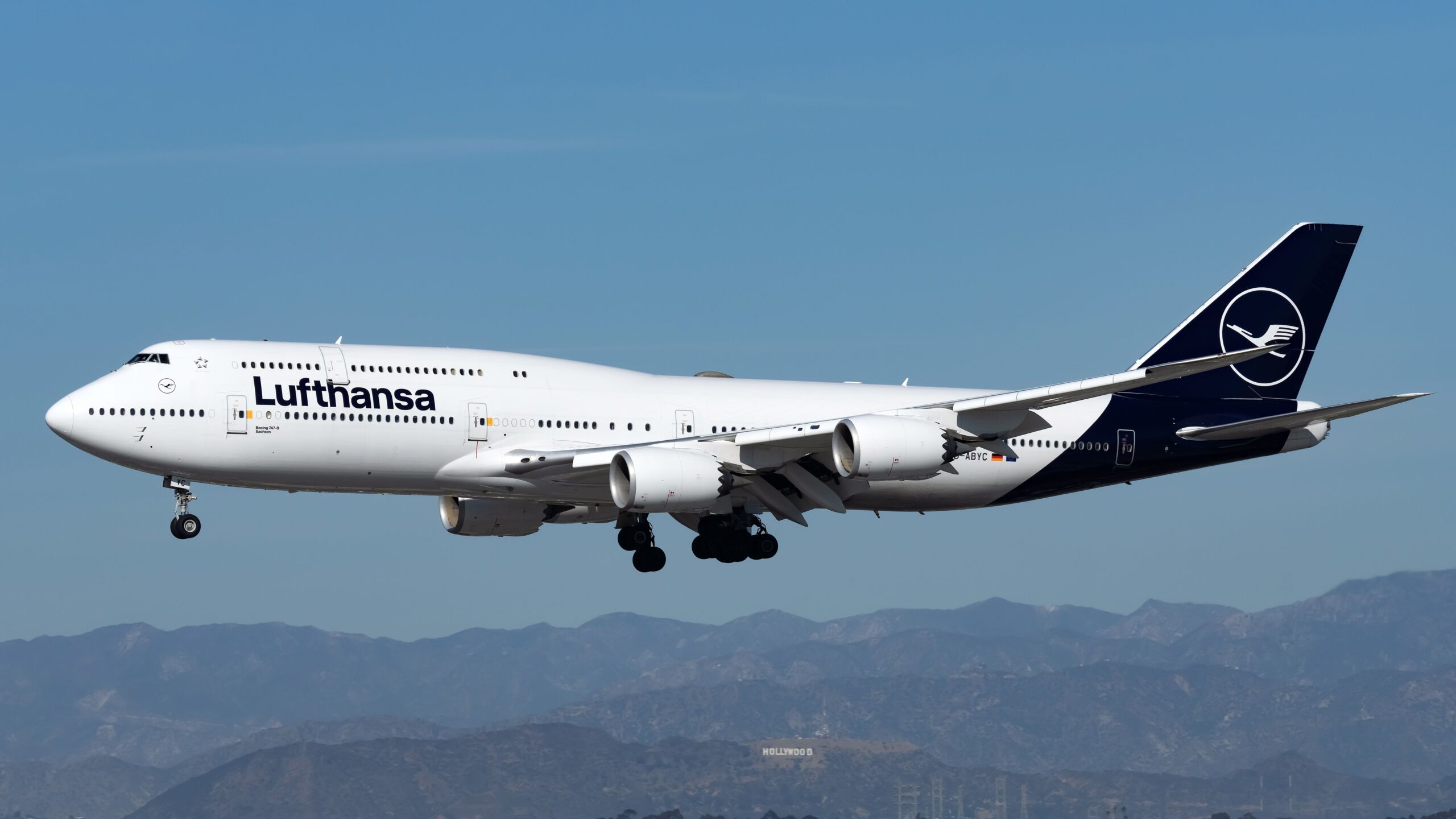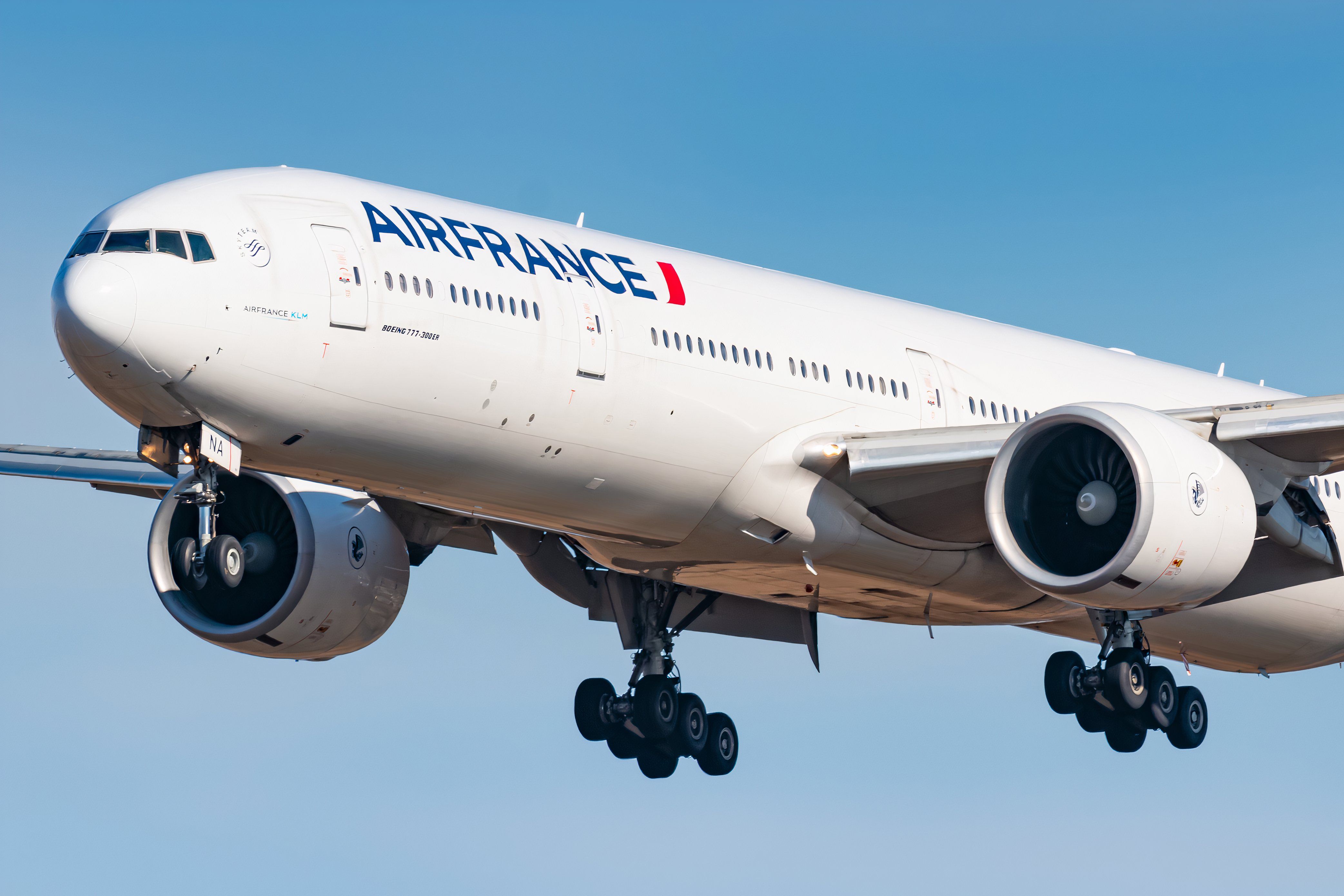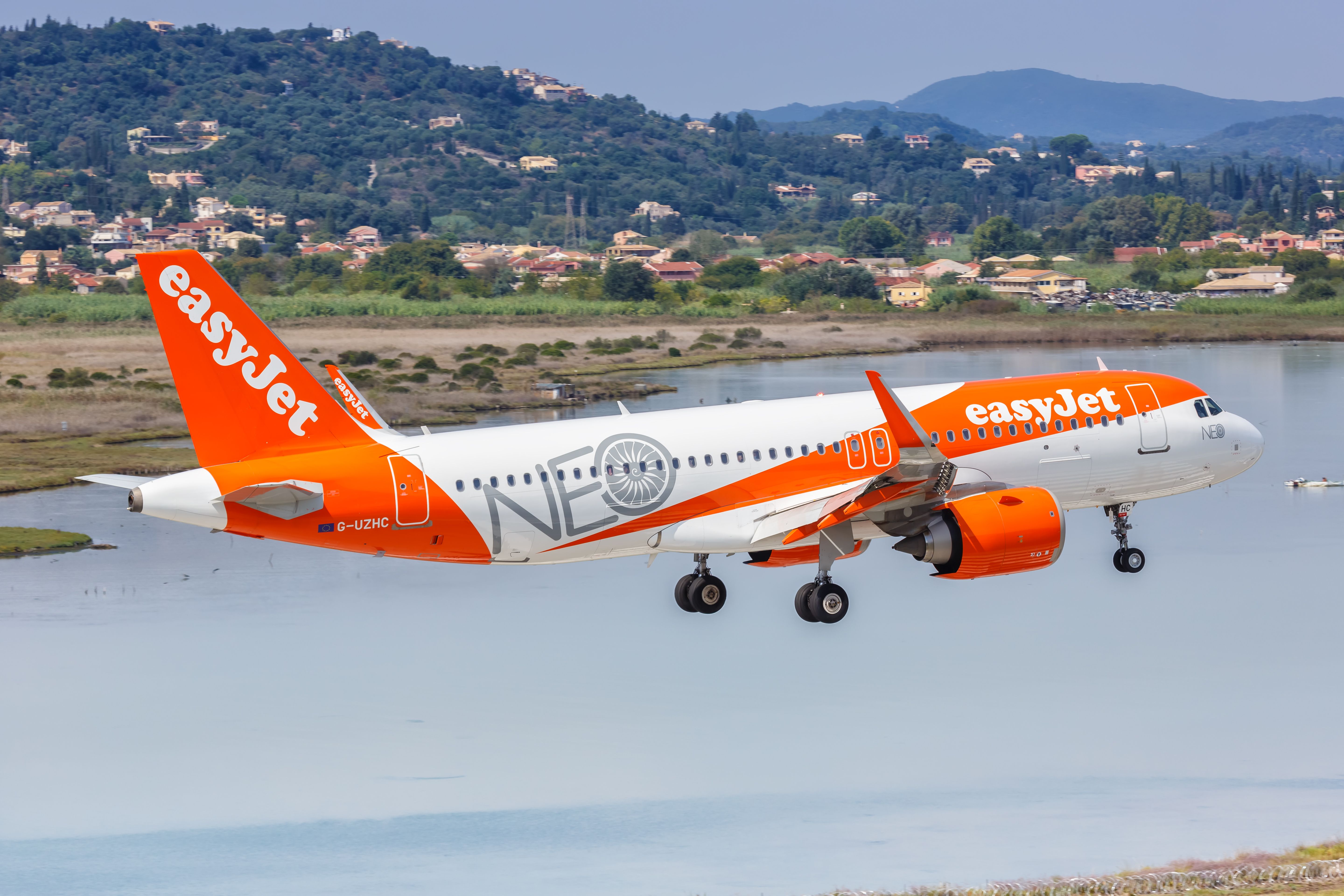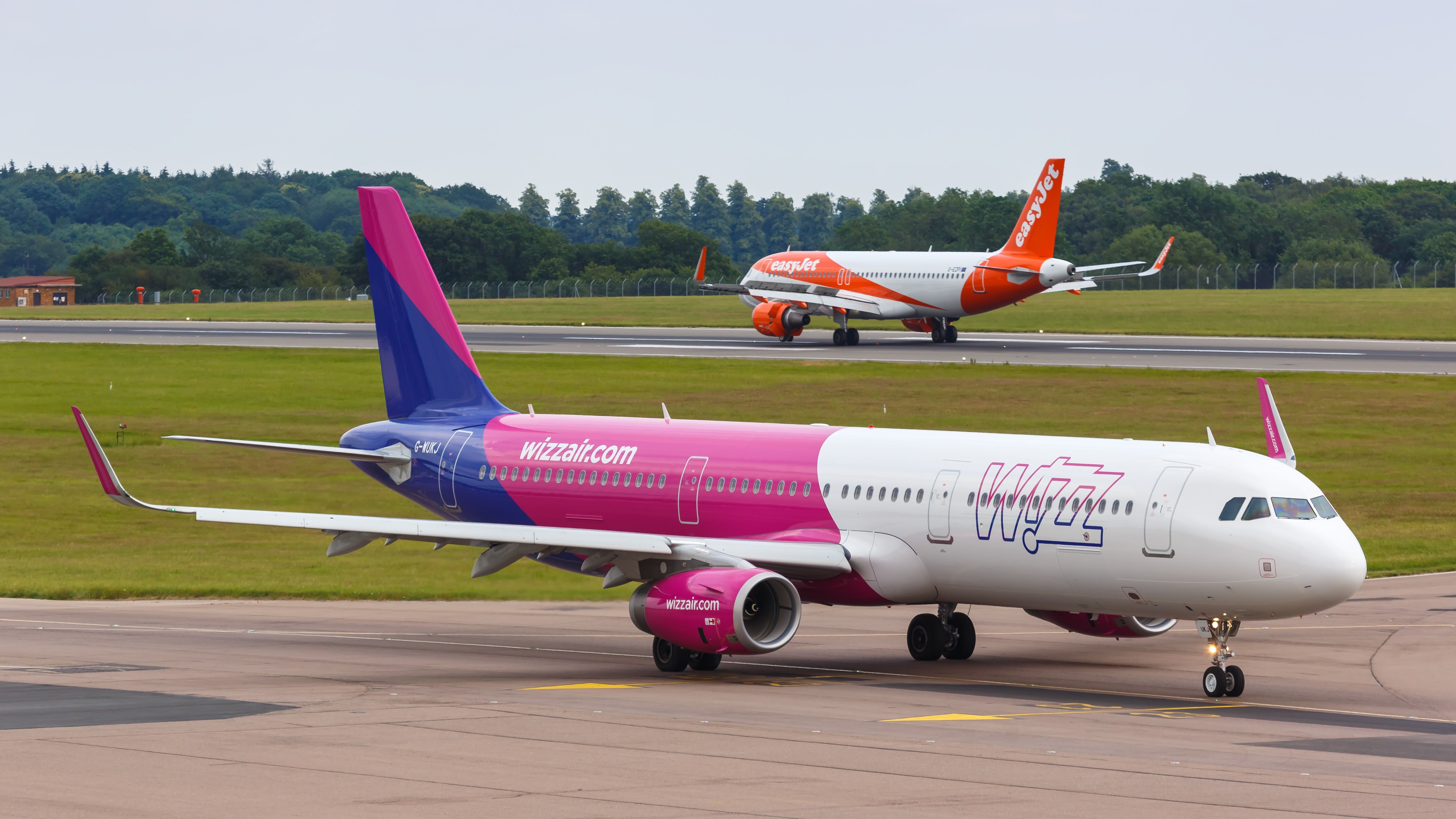Summary
- The European Commission plans to exempt long-haul flights from new monitoring legislation for non-CO2 emissions.
- Non-CO2 emissions refer to various pollutants from burning jet fuel like water vapor, nitrogen oxides, and sulphur oxides.
- Airlines would need to track non-CO2 emissions and carbon dioxide emissions starting January 2025 in the EU, with exemptions for international routes which has caused controversy.
Reuters reports that the European Commission is planning to exempt long-haul flights in new legislation that will see non-CO2 emissions being monitored. This follows lobbying from international airlines, backed by the International Air Transport Association (IATA). On the opposing side of the debate are low-cost European giants Ryanair, easyJet and Wizz Air.
Per IATA, Non-CO2 emissions refer to those produced from burning jet fuel, including “water vapor (H2O), nitrogen oxides (NOx), sulphur oxides (SOx), carbon monoxide (CO), soot (PM 2.5), unburned hydrocarbons (UHC), aerosols, and traces of hydroxyl compounds (-OH).”
In the event that the air is humid enough, the water vapor can condense into crystals, forming what are known as contrails.
Photo: Lukas Wunderlich | Shutterstock
The EU legislation
Brussels’ draft plan indicates that European airlines would be required to track and report both their non-CO2 emissions and carbon dioxide emissions as of January 2025 – less than a year from now. The European Union’s non-CO2 Monitoring, Reporting, and Verification (MRV) system includes collecting data concerning soot, nitrogen oxide, and water vapor release.
The new legislation seeks to exempt airlines operating international flights between a European and a non-European destination for a period of two years. In other words, from 2027 onwards, these airlines would also be required to disclose their emissions on services touching European soil.
In actual fact, the rules refer to the European Economic Area. It also includes flights to Britain and Switzerland from EEA countries. Per Reuters, the draft says:
“Such reporting shall only be required in respect of routes involving two aerodromes located in the European Economic Area.”
Photo: Markus Mainka | Shutterstock
This 2027 international airline exemption is similar to that applied to current rules on CO2 emissions produced on intra-European services, which are to be reassessed in 2026.
Support from IATA
IATA believes that the exemption is an important one indeed, especially due to a lack of science surrounding the question of non-CO2 emissions. While research on the topic is not readily available, it is understood that non-CO2 emissions are higher on long-haul flights.
The representative body believes that participation of airlines to the MRV framework should remain voluntary considering its “experimental nature”. In addition, it believes that the non-CO2 framework should reflect the current rules on CO2, which exclude non-European flights. IATA says:
“Any intention to expand beyond the current EU ETS application scope for aviation would imply a legal risk of extraterritorial impact and would work counter to any MRV implementation. Furthermore, the probability of contrail formation is highly dependent on the region: mid-latitudes have a higher probability of contrail formation than the tropics or the equator, so contrails affect different regions differently.”
Opposition from Europe’s low-cost giants
Ryanair, easyJet, and Wizz Air have all spoken out against IATA and the regulation, arguing that the exemption in the draft plan should be axed. In a joint letter, the airlines say:
“The blanket exclusion of extra-EEA routes would give the misleading impression that these routes create no non-CO2 warming effects, misdirecting all future non-CO2 mitigation measures.”
In other words, the low-cost airlines believe that the scientific value of the MRV system would be weakened.
Photo: Markus Mainka | Shutterstock
Last month a report by European NGO representative body Transport & Environment also came out in support of removing such an exemption.
“It is critical that the full geographic scope is retained, as it is the only scientifically sound basis to understand the impact of aircraft types and geographies, and allow a better understanding of the impacts of long-haul flights which research shows to cause more warming and present larger mitigation opportunities.”
It is vital that activity in areas such as the North-Atlantic region, with a high concentration of contrail formations, are monitored and understood.”




